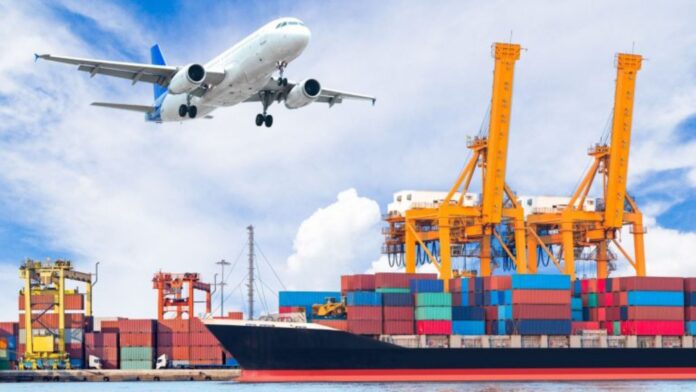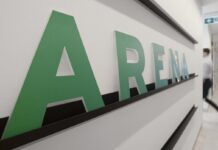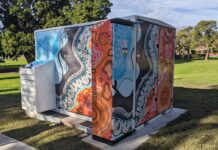
Calix Limited announced its participation in an Australian-German consortium to produce sustainable fuels from renewable energy, green hydrogen, and captured process CO2 emissions.
According to the recent announcement by Minister for Climate Change and Energy Chris Bowen MP, the “HyGATE” Solar Methanol Project has received funding from the German Federal Ministry of Education and Research (BMBF) in the amount of €13.2 million (roughly AU$20.19 million) and the Australian Renewable Energy Agency (ARENA) in the amount of AU$19.48 million to build the first green methanol demonstration plant in the world in Port Augusta, South Australia.
In a statement, Calix said exporting green hydrogen produced in Australia to Germany holds the promise of using Australia’s substantial renewable energy resources to assist the German industry in decarbonising. Methanol is a flexible hydrogen derivative with the potential to be an efficient green hydrogen transporter.
The clean and cost-effective synthesis of methanol could aid in the decarbonisation of difficult-to-abate transportation sectors such as aviation and shipping, which account for 4.3% of worldwide CO2 emissions, Calix added.
The Solar Methanol Project aims to combine several cutting-edge low-emission technologies to provide renewable power and process heat, green hydrogen electrolysis, and, with Calix’s Low Emissions Intensity Lime and Cement (Leilac) technology, renewable powered electric calcination of limestone and the effective capture of unavoidable process CO2 emissions.
The Solar Methanol Project partnership includes, in addition to Calix, Australian cleantech business Vast Solar and premier engineering and consultancy firm Fichtner, and is backed by the Australian Solar Thermal Institute.
The Project seeks to use renewable energy to power a 10MW electrolyser that generates green hydrogen and a lime plant that emits CO2 as an unavoidable process emission. The clean energy, hydrogen, and CO2 will subsequently be used to produce up to 7,500 tonnes of green methanol per year, which will be developed for use as a sustainable transportation fuel.
According to Calix, the Project aims to catalyse the development of a solar methanol industry in Australia, with the potential to dramatically expand local use of green fuels and export products to Germany and other international markets.
The Project plans to utilise up to 15,000 tonnes of CO2 annually that will be absorbed by Calix’s Leilac technology during the production of low-emissions lime to create green methanol.
Adbri is collaborating with Calix and Leilac as part of its net zero roadmaps to enable the efficient capture of unavoidable process CO2 emissions and the utilisation of renewable energy sources in the production of low and zero-emissions lime.
Leilac and Adbri are exploring prospects to create a renewable-powered lime plant that would generate low-emission lime and capture process CO2 for prospective use in methanol synthesis by the Solar Methanol Project, subject to commercial agreements. While Calix and Adbri are not direct recipients of HyGATE money, HyGATE represents an outstanding chance to convert direct value for absorbed CO2 into a scalable opportunity.
Lime is used in various industries such as mining and metal refining, water treatment, steel, paper, pharmaceuticals, and agriculture. According to Calix, decarbonising lime production is a major enabler for lowering the carbon intensity of these difficult-to-abate businesses.
Calix CEO and Managing Director Phil Hodgson said Calix’s Leilac technology would be used in a partnership with Adbri to produce zero emissions lime for Adbri clients, using renewable electricity and efficient collection of unavoidable CO2 emissions from limestone. Simultaneously, Hodgson stated that Calix and Adbri are thrilled to collaborate with the Solar Methanol consortium to enable the delivery of captured CO2 emissions for the production of green methanol.
“We are delighted to be progressing plans with Adbri for zero emissions lime with electrification and CO2 capture. As part of the HyGATE consortium we look forward to the outcomes of the HyGATE project, which has the potential to further catalyse support for CO2 capture and to pioneer new green fuels for aviation and shipping,” Hodgson added.
Adbri Interim CEO Mark Irwin said, “As a leading Australian producer of cement and lime with a commitment to be net zero by 2050, we recognise partnership with companies such as Calix are essential for the development of technology necessary to reach our goal. We are excited about the potential to supply zero emissions lime to our customers, a critical product in a decarbonised economy.”


















